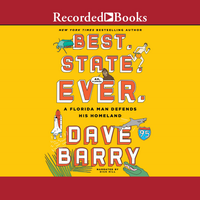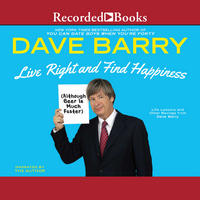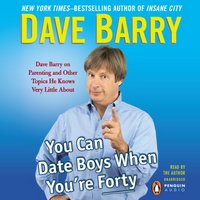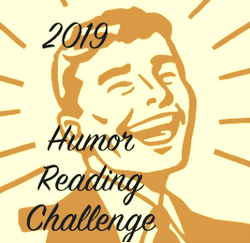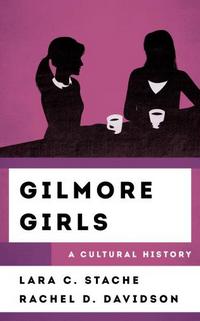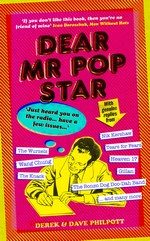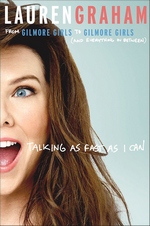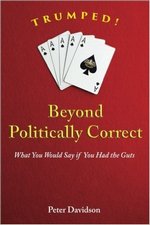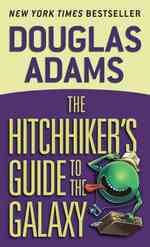 |
The White Man’s Guide to White Male Writers of the Western Canonby Dana Schwartz, Jason Adam Katzenstein (Illustrator) Paperback, 241 pg. Read: January 7-30, 2020 |

If you want to be a writer, you should attend an Ivy League university, where you roommate happens to be the nephew of a senior editor at Knopf, and you should go on to get a summer internship in New York City. This internship will not be paid, and unfortunately you will have to suffer the indignity of living in an apartment that your parents pay for. But soon, your struggles will pay off, and you will be accepted at one of the nation’s most prestigious MFA programs.
If you can’t do all of that, I hate to say it, but it sounds like you won’t have the commitment and discipline necessary to make it as a writer.
Nice guy, the narrator of this book, right? I didn’t know this when I picked it up, but this is a book inspired by a parody Twitter account Schwartz runs @GuyInYourMFA, I wish I knew that going in—it might have helped me appreciate the book more. Probably not, really, the book speaks for itself, but it the humor in it screams Twitter. Anyway, that account is the voice behind this book.
This is a guide to:
teach you everything you need to know to become the chain-smokin, coffee-drinking, Proust-quoting, award-winning writer you’ve always known you should be…
Not a white man? Not to worry. The White Male Writer isn’t a hard-and-fast demographic; it’s a state of mind…
There’s a brief discussion of topics like how to dress like a writer, what the Western Canon is, how to identify “Chick Lit” (the last identifier is “By Jennifer Weiner”, which is a pretty good clue, you have to admit), and ends with a nice reading list of White Male Writers.
The heart of the book consists of thirty-two 6(+/-) page profiles of the greatest White Male Writers that make up the Western Canon. These consist of a brief biography, a discussion of some major works (“Works You Need to Know”), and some lessons from the work or life of the Writer that should be applied by the reader in their effort to become a Writer (drink recipes, how to respond to a rejection letter, how to write a love letter like James Joyce, etc.).
The writers are male, white, and largely published in the Twentieth Century (Shakespeare, Milton, Samuel Johnson, Goethe, Lord Byron, Dickens, Thoreau, and Tolstoy would be the exceptions). I can virtually guarantee that you’ve heard to them all—not that you’ve read them all, however. And in between the snark and intentionally sexist lessons, there’s some decent information to be gleaned. That isn’t the point of the book, the point is the snark, sexism, and general parodying the idea of the young, pretentious, white male would-be literary genius.
Every chapter includes at least 3 lines that should bring some level of amusement to the reader (some will have many more)—which is a pretty decent and consistent number. Sadly, all the jokes are around a theme, and so can get repetitive. If you don’t read cover to cover, if you only read a 2-3 chapters at a time, and bear in mind that all the jokes will be similar, you can have a lot of fun with this book. If you neglect any of that, it can get tiresome. Once I figured that out (it didn’t take long, thankfully, before I recognized the symptoms), I had a lot of fun with this book.
The illustrations are wonderful—each chapter (except the Pynchon chapter) features a great caricature of the artist, and a handful of other illustrations that do a wonderful job of augmenting the text.
This is not the subtlest of books I’ll read this year (it doesn’t try), but it is insightful, amusing and (accidentally?) informative. All of which makes it a fun, book-nerdy, read. Give it a shot, you’ll probably be glad you did.

This post contains an affiliate link. If you purchase from it, I will get a small commission at no additional cost to you. As always, opinions are my own.
![]()


